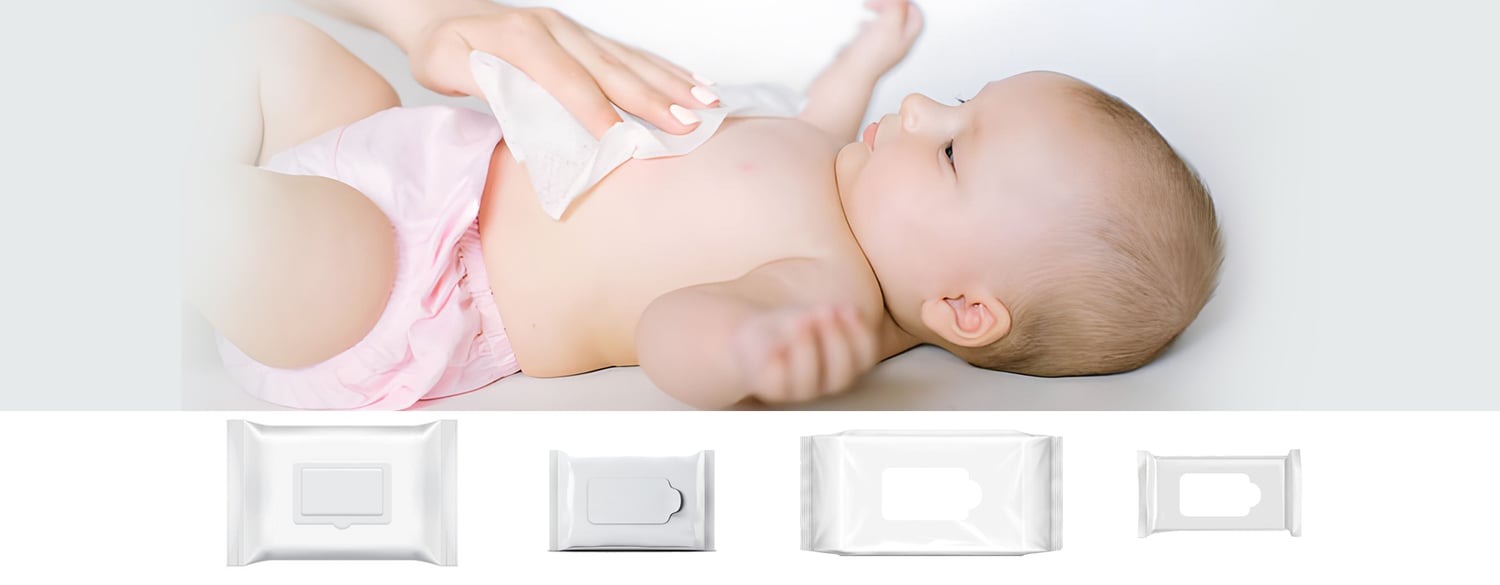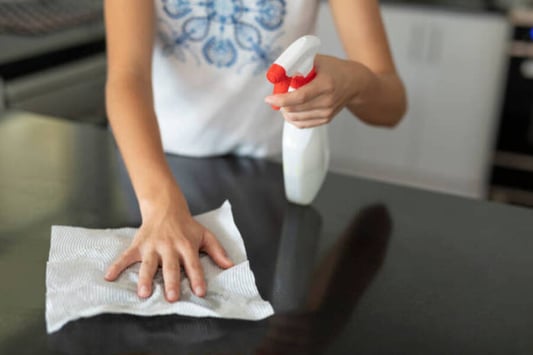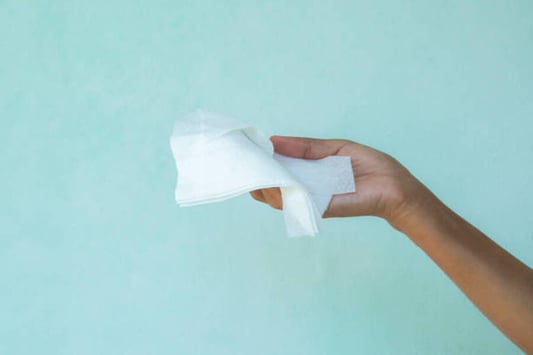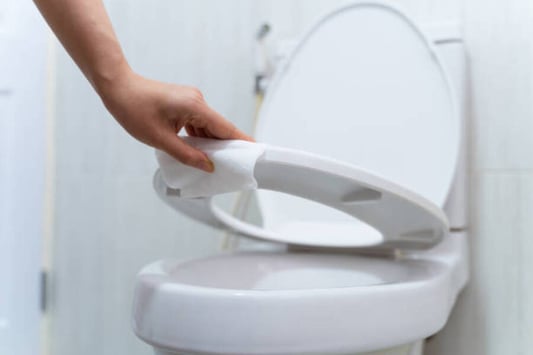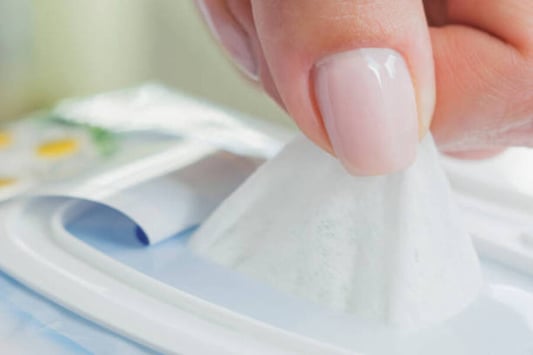1. What Are reusable make up wipes?Reusable make up wipes are sustainable alternatives to disposable cotton pads or wipes typically used to remove makeup. These wipes are made from eco-friendly materials such as bamboo, cotton, or microfiber and can be washed and reused multiple times, reducing waste and environmental impact.2. Benefits of Reusable Make Up WipesUsing reusable make up wipes not only helps the environment by reducing single-use plastic waste but also saves you money in the long run. These wipes are durable, gentle on the skin, and effective at removing makeup without the need for harsh chemicals, making them a healthier choice for your skin.3. How to Use Reusable Make Up WipesTo use reusable make up wipes, simply dampen the wipe with water or a gentle makeup remover solution and gently wipe away your makeup. After use, rinse the wipe with water, or machine wash if necessary, and hang to dry. With proper care, reusable make up wipes can last for months or even years.4. Are Reusable Make Up Wipes Hygienic?Contrary to disposable wipes that may harbor bacteria after single use, reusable make up wipes can be easily cleaned and sanitized to maintain hygiene. Regularly washing and drying the wipes after each use will keep them germ-free and safe for use on your face.5. Eco-Friendly Alternatives to Disposable WipesDisposable wipes contribute to the growing issue of plastic pollution in our environment. By switching to reusable make up wipes, you are actively reducing your carbon footprint and promoting sustainability. These eco-friendly alternatives are biodegradable and can be composted at the end of their lifespan.6. Customizing Your Make Up Removal RoutineReusable make up wipes come in various sizes, shapes, and textures to suit different preferences. Whether you prefer soft bamboo wipes for sensitive skin or textured microfiber wipes for exfoliation, there is a wide range of options available to customize your make up removal routine.7. Travel-Friendly and ConvenientUnlike bulky packs of disposable wipes, reusable make up wipes are compact, lightweight, and easy to carry in your bag or travel pouch. Whether you're on-the-go or traveling, these wipes are convenient for quick and effective makeup removal without the hassle of carrying excess waste.8. Supporting Sustainable BrandsMany brands that offer reusable make up wipes are committed to sustainability and ethical practices. By purchasing from these brands, you are supporting eco-conscious initiatives and contributing to a greener future. Look for certifications or eco-labels when choosing your reusable wipes.9. Long-Term Investment in Your Skin and the PlanetInvesting in reusable make up wipes is not only a smart choice for your wallet but also for your skin and the planet. By reducing the amount of single-use waste generated from disposable wipes, you are taking a step towards a more sustainable lifestyle and promoting environmental stewardship.10. Making the Switch to Reusable Make Up WipesWhether you're a beauty enthusiast looking to minimize waste or a conscious consumer seeking eco-friendly alternatives, making the switch to reusable make up wipes is a step in the right direction. Start by incorporating these sustainable wipes into your daily skincare routine and experience the benefits for yourself.Quote InquiryContact us

